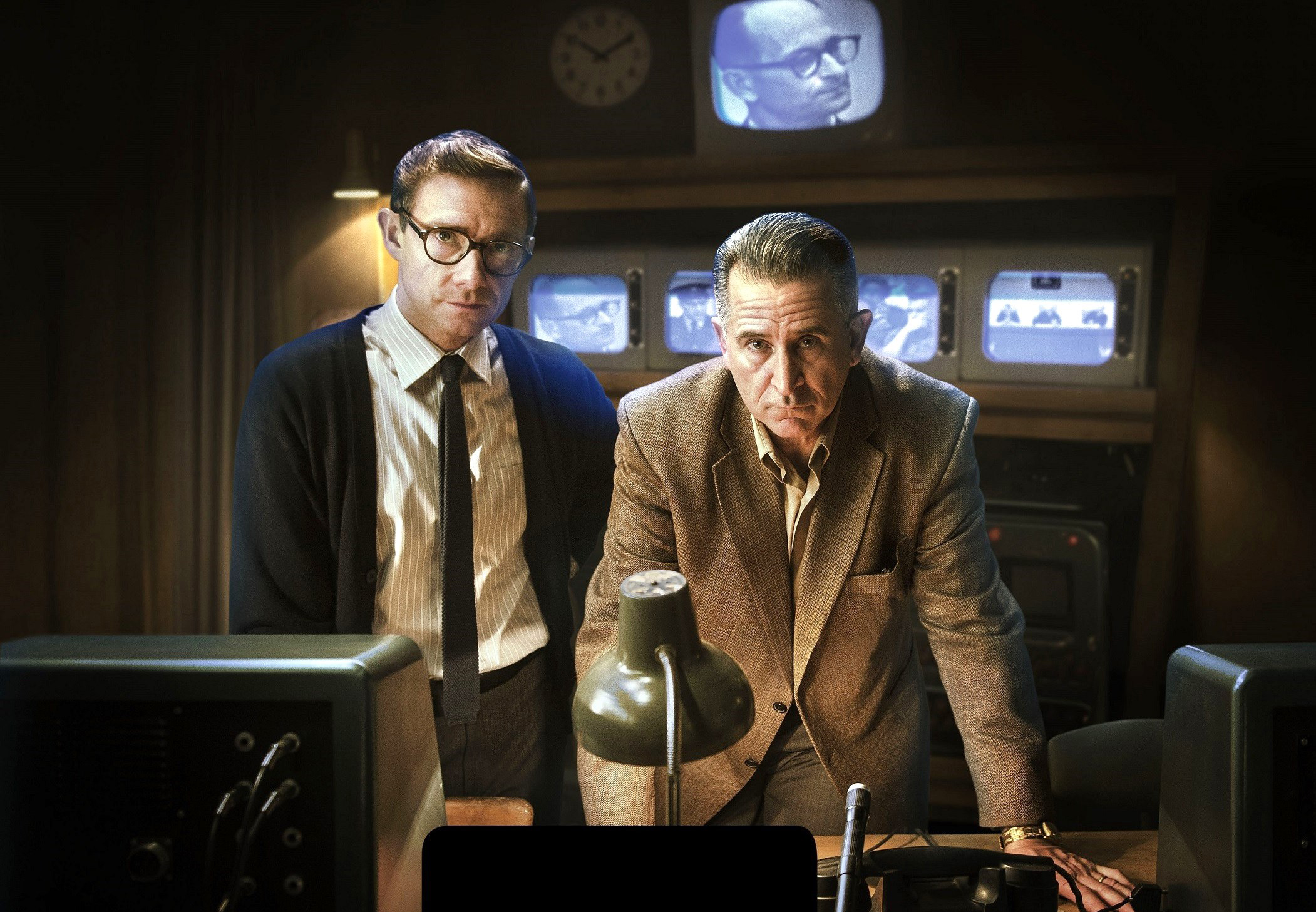Like many things, journalism used to have a gravitas that has all but disappeared from today's media. That point is brought home in "The Eichmann Show," a BBC film about what is deemed the first globally broadcast televised documentary.
In 1961, American producer Milton Fruchtman and filmmaker Leo Hurwitz filmed the trial of Otto Adolf Eichmann, the man responsible for engineering the deaths of millions of Jews during World War II. During the final days of the war, Eichmann escaped to Argentina, but he was later hunted down by the Israeli intelligence service Mossad. He was arrested and taken to Jerusalem to face a trial that revealed not only the heinous crimes committed by this seemingly ordinary man, but also, through testimonials, the horror and pain inflicted on victims. The Eichmann trial lasted four months and marked the first time that Holocaust survivors publicly voiced what they had been forced to endure. Fruchtman and Hurwitz's footage was distributed to 37 countries.
Directed by Paul Andrew Williams, "The Eichmann Show" is a straight-up account of the efforts of the Fruchtman-Hurwitz duo (played by Martin Freeman and Anthony LaPaglia, respectively) to broadcast the trial. It was an uphill battle from the start: The courthouse in Jerusalem refused to let cameras inside (judges worried it would be "intimidating"), while Israeli Prime Minister David Ben-Gurion opposed the project, fearing that a televised trial would turn it into "a show." Three days before the trial, however, the film crew were suddenly given permission, on condition that the cameras be hidden.



















With your current subscription plan you can comment on stories. However, before writing your first comment, please create a display name in the Profile section of your subscriber account page.